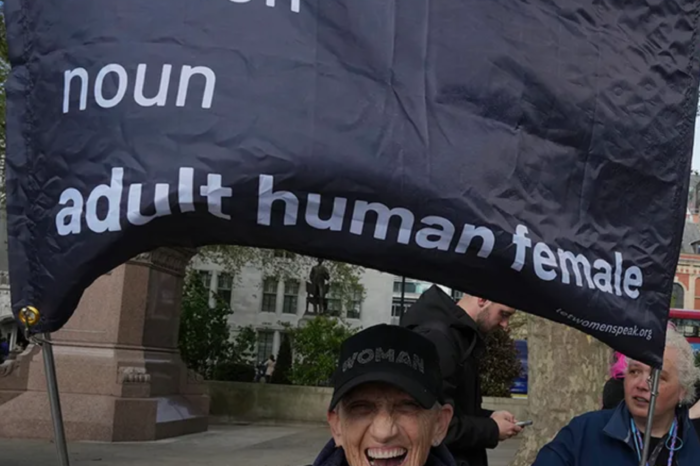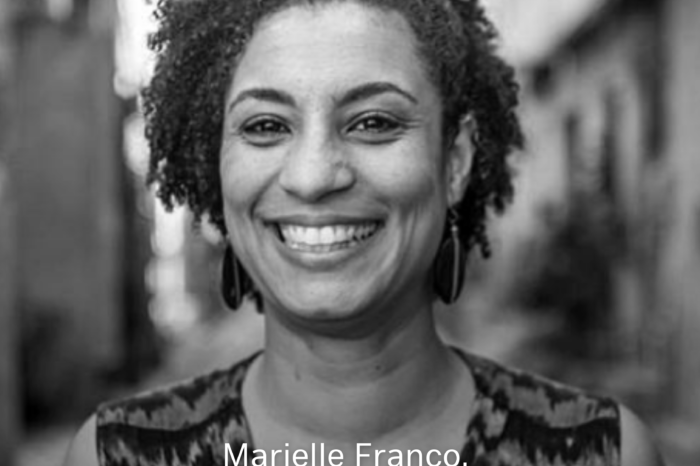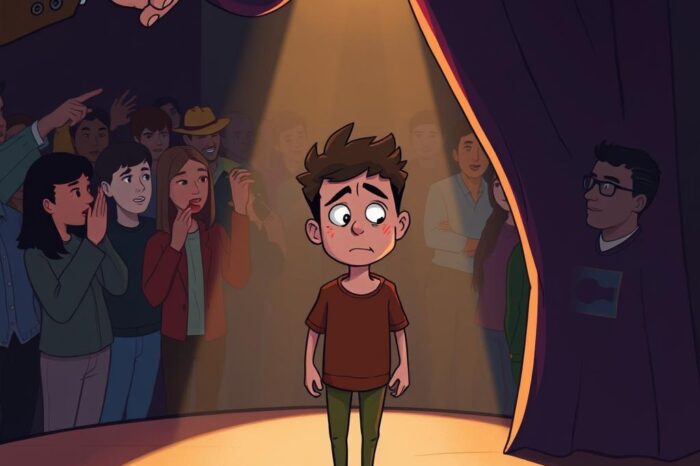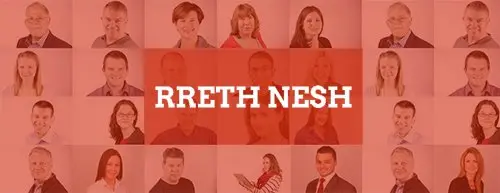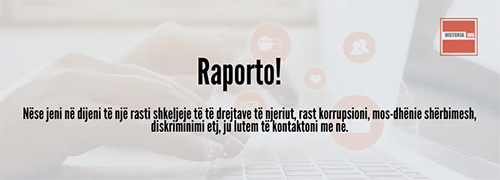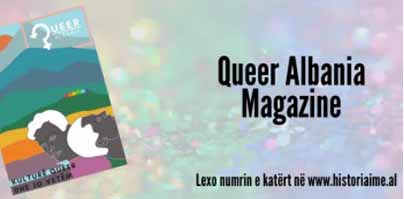Interview: Tornike Kusiani, the Georgian LGBTI activist who got attacked from the Police
Some sad news for LGBT community and activists spread out from Georgia on the night of 25th August. Two Georgian LGBT activists, Levan Berianidze director and Tornike Kusiani board member of the organization “Equality Movement” together with a Transgender friend got physically attacked by some hooligans in the street and then even by the Police.
But even though Tornike, Levan and their friends were the victims of the incident, they are accused by the Police for hooliganism and civil disobedience.
Despite the rough period which they are going through, Tornike accepted to give an interview for the Human Rights News Portal, Historia ime (My Story). In this interview he gives us insights about what happened on the night of 25th August and how difficult it is to be an LGBT activist in Georgia.
On the night of 25th August you and your friends were attacked. Can you tell us more of what happened that night?
I, Levan (who is my boyfriend) and three other transgender friends were walking into the club, in Batumi. It was around 5 AM. The Trouble started when some people noticed the identity of my transgender friends. Somebody who was riding a bicycle came and hit one of them. Then I reacted and tried to defend my friend when he suddenly turned to and hit me too. After this moment I run towards Levan (who was a bit away from us) and told him what happened. In the meantime the Police were standing there and doing nothing to intervene. At some point they passively approached the fight.
When I returned back with Levan I saw two transgender friends bleeding, 4-5 policemen and around 10 pedestrians (some of them violent). I saw that the policemen there were not doing anything to stop them so I decide to call the police. At this moment one of them asked me what I was doing. I told them that they were doing nothing to protect the transgender people and then he pushed me. Police did not let me made the call even though I tried three times.
Meanwhile when pedestrians saw their behavior got even closer and started to hit us. I was attacked from these pedestrians in stomach and neck with fists while Levan was beaten by the Police officers. Then they took us in the Police Station, where we were asked to get undressed and do humiliating stuff towards us.
You are accused of disobeying police and disorderly conduct. Where does this accusation stand on?
The police who physically violated us are the one who during the court said that when they arrived we were already beaten by the pedestrians. They stated that we were acting violently and swearing to the policemen. The truth is that the police had recorded us when we were in the car taken to the police station and recorded us when we were swearing and desperately asking how they could leave the pedestrians beat us. This situation was contextualized in their favour. So that is why we were arrested, according to them (civil disobedience). The judge is relying only on the words of the police. Another trial will come after the first one, but we already anticipate the results of it. It will take us 3 years to get to the Strasbourg High Court.
How is the relation between LGBT community and the police in Georgia? Is this community subjected to offensive attitudes from the police?
Unfortunately we do not have in the Georgian justice system recorded violence cases that are classified as hate crimes. For instance transgender people are facing violence on a daily basis and being beaten up but the police just watch the perpetrators and then they take them in the police station. Even though we have enacted anti-discriminatory laws in our constitution, it only remains on paper. Homophobia is enforced in every level of the state.
What add to the grimy reality are the political leaders and their speeches. With the rise of populism, the last two elections in Georgia faced homophobic speeches and stances from the politicians just for the sake of votes.
What about other services like health system, education etc? Do LGBT people in Georgia have access to them?
In our organization we have encountered many cases of deprivation of these services. We have cases where LGBT people are kept inside their houses by their family members or thrown out of house after family members have found out their sexual orientation or identities. Generally they are deprived of these services.
What about the media in Georgia, does it give space to the coverage of LGBT issues?
Media is seriously homophobic here. For instance we have been invited in TV shows debates and in front of us are standing homophobic populists, usually Russia-oriented leaders who often swear at us, during a live show.
Seen from your perspective as an LGBT activist, what are some of the challenges that you face while promoting LGBT rights in Georgia?
We are really frustrated, the energy for fighting for our rights gets lower when we see no radical change. We even face difficulties finding an office because it will be registered as an entity for LGBT rights promotion. It took us 4 months to get a rent for the place, even though we had the money. These are just minor problems. Speaking out loud for LGBT rights in a country like Georgia is a struggle. We face rejection from our families when we come out as LGBT people.
At the end of the interview Tornike gives a message for all the LGBT people and allies who are being repressed from their societies:
I just want to say that we are not afraid to speak out loud for LGBT rights, as long as we have support. I want to thank everybody because we did get a lot of supportive letters, it was really hard to handle emotionally everything that happened to me and Levan and other transgender friends. All this solidarity between activists strengthens our efforts.
Kristina Millona


